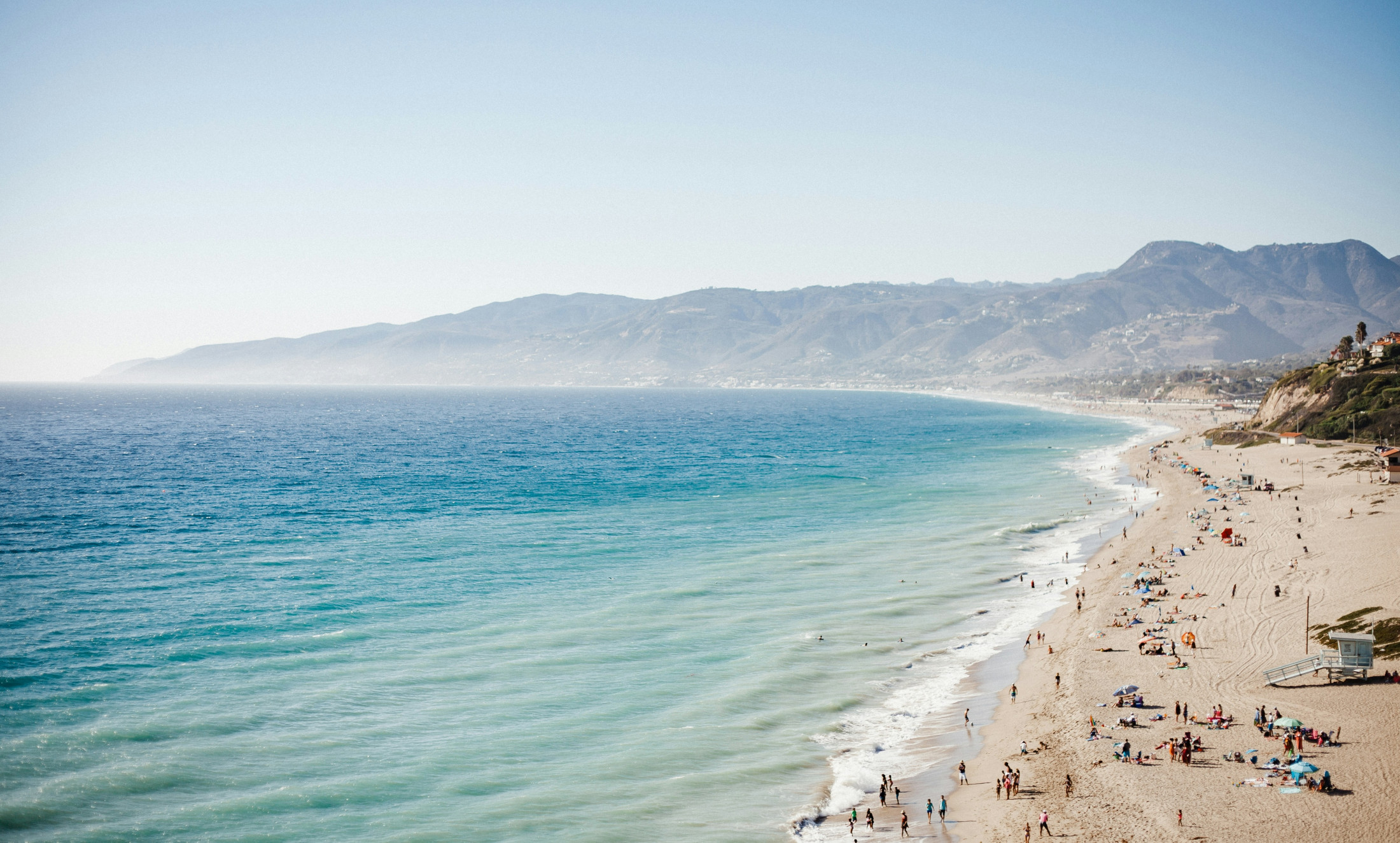Overturning the foreshore and seabed decision
Posted: 28 December 2024
The government proposes to overturn a 2023 Court of Appeal decision covering Māori customary rights to the foreshore and seabed. It is of the view that the court’s decision gives too much power to iwi and hapū over what happens on ‘too much’ of New Zealand’s coastal areas.
Changes for CMT applicants
The Marine and Coastal Areas (Takutai Moana) (Customary Marine Title) Amendment Bill will result in only a small fraction of the coastline (about 10%) being available for customary marine title (CMT) which the government alleges was the intention of the 2011 legislation on which the Court of Appeal ruled.
Defining the foreshore and seabed
The seabed is the land that is completely submerged underwater (the sea around the coast).[1]
The foreshore is the land that is regularly covered by the tide (the wet part of the beach).[2]
It includes land covered by high tides in spring, the space occupied by the air and water above the land, and the soil and rock under it.
Marine and Coastal Area (Takuati Moana) Act 2011
In 2011, the National-led government replaced the Foreshore and Seabed Act 2004 with the Marine and Coastal Area (Takutai Moana) Act 2011 (MACA). Crown ownership of the foreshore and seabed was replaced with a ‘no ownership’ regime.
Under MACA, iwi could apply to the court or negotiate with the Crown for CMT over a particular area. However, these interests could not prevent existing rights and uses such as fishing, aquaculture and public access. Iwi or hapū applicants are required to meet two conditions under MACA to apply for CMT:
- It must hold the area in accordance with tikanga, and
- It must have exclusively used and occupied the area from 1840 to the present day without substantial interruption.[3]
In establishing CMT, matters to be considered include whether the applicant group or its members exercise non-commercial customary fishing rights in the specified area, and have done so from 1840 to the present day.
2023 Court of Appeal decision
In the 2023 case of Re Edwards,[4] the Court of Appeal judgment eased the test for CMT. Minister for Treaty of Waitangi Negotiations, Paul Goldsmith, said that the court’s decision effectively meant that exclusive use no longer had to be demonstrated, opening up much more of the country’s coastline to CMT than what was intended when the MACA was passed.
Amendment Bill
Mr Goldsmith said the Amendment Bill would ensure the tests were interpreted and applied as originally intended when MACA was introduced by increasing the threshold of the test.
However, the Attorney-General appealed the Court of Appeal’s decision in Re Edwards and, on 2 December 2024, the Supreme Court unanimously granted the appeal, stating that the Court of Appeal majority erred by taking an unduly narrow approach.[5]
A consequence of the Supreme Court’s judgment is that the Amendment Bill may no longer be necessary, because the Supreme Court has already reversed the Court of Appeal’s interpretation of MACA.
Aquaculture implications
The real impact of CMT’s on farmers is on the aquacultural farming communities.
Resource consent is required to occupy the seabed for aquaculture. While a CMT holder does not have ownership rights over public access, a holder does have veto rights on any resource consents required for activity by others or for the development of the area in question.
However, given the Supreme Court’s decision, irrespective of the Amendment Bill, we may see fewer resource consents being vetoed by CMT holders.
If you are a CMT holder and have any queries around your access, please don’t hesitate to contact us.
DISCLAIMER: All the information published in the Property eSpeaking, Commercial eSpeaking, Trust eSpeaking, Rural eSpeaking, and Fineprint newsletters is true and accurate to the best of the authors’ knowledge. It should not be a substitute for legal advice. No liability is assumed by the authors or publisher for losses suffered by any person or organisation relying directly or indirectly on this article. Views expressed are those of individual authors, and do not necessarily reflect the view of this firm. Articles appearing in Property eSpeaking, Commercial eSpeaking, Trust eSpeaking, and Fineprint may be reproduced with prior approval from the editor and credit given to the source. Copyright, NZ LAW Limited, 2025. Editor: Adrienne Olsen. E-mail: [email protected]. Ph: 029 286 3650 or 04 496 5513.
